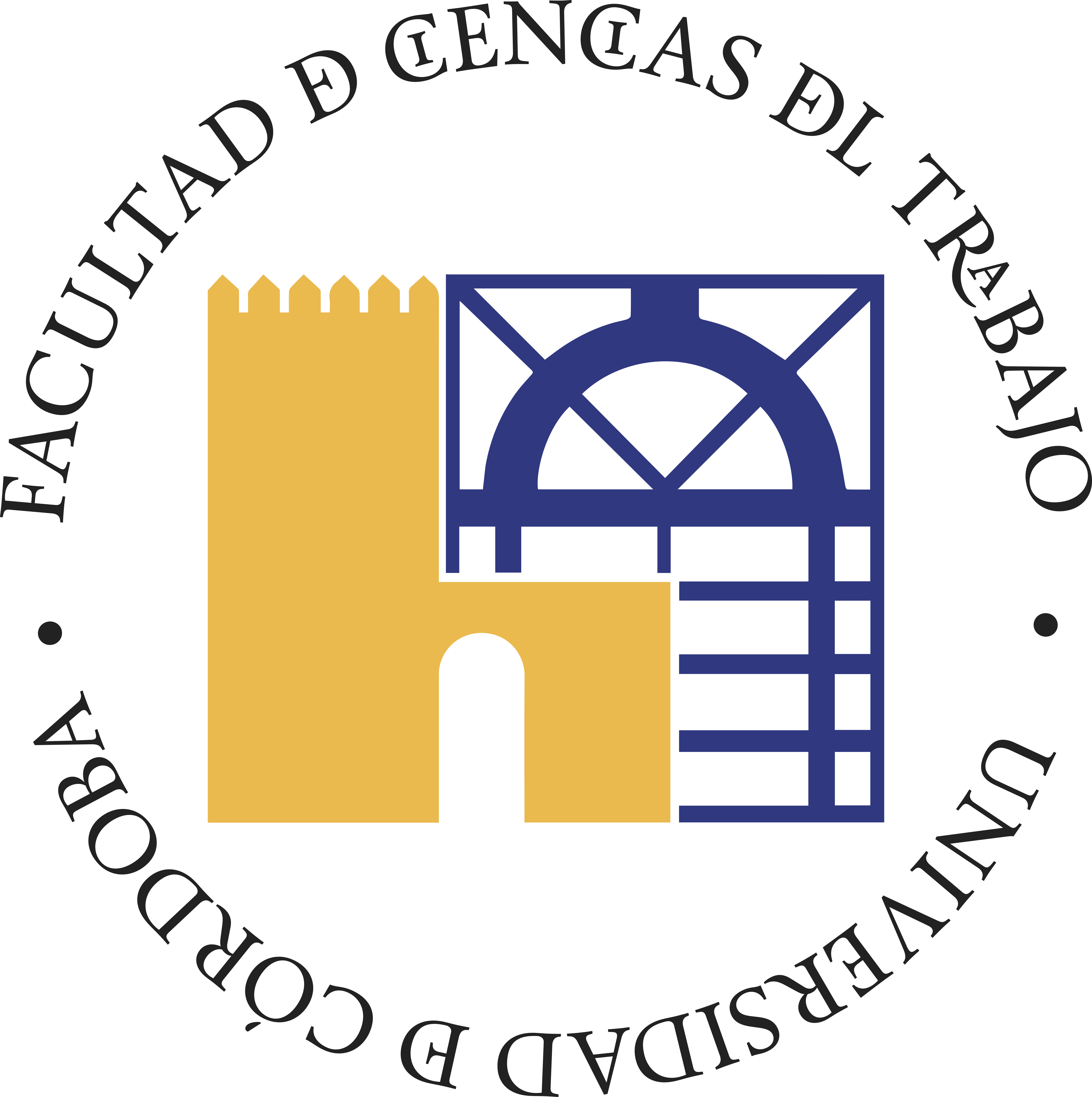General Information
| Degree Name | Bachelor´s Degree in Tourism |
| Number of new student places offered | 90 |
| Minimum number of enrolment credits | 24 credits |
| Faculty and location | Faculty of Labour Sciences |
| Publication in BOE | anuary 29, 2015 / BOE No. 25 / Download |
| Year of title implementation | 2010-2011 |
| Number of courses in the implementation phase | 1st, 2nd, 3rd, and 4th (2013-2014) |
| Field of knowledge | Social and Legal Sciences |
| Program Duration | 240 credits / 4 years |
| Type of teaching | On-site |
| Languages used | Spanish, modern language (English, German/French) |
Degree Justification
The Bachelor's Degree in Tourism has a distinctive and specific professional, academic, and educational profile. Due to its multidimensional nature, the study of tourism has been approached from various scientific perspectives, ranging from spatial planning and economic analysis to business management, service marketing, cultural and psychosocial components, and the legal regulations governing the activity.
The globalization of tourism has led to the emergence of new markets and, consequently, increased competitiveness among destinations. Success in this environment requires offering innovative and high-quality products and services, which demands highly qualified professionals for both public and private management. Therefore, the existence of a Bachelor´s Degree in Tourism is essential for training professionals to work in the following areas:
- Accommodation
- Food and Beverage Services
- Intermediation
- Transport and Logistics
- Public Planning and Destination Management
- Tourism Products and Activities
- Education, Research, and Consulting
Career Opportunities
Academic Opportunities - Links to Other Studies
Graduates in Tourism may access other related studies, including postgraduate and continuing education courses offered by the Faculty of Labour Sciences, as well as other master´s degrees and doctoral programmes at the University of Córdoba.
Professional Opportunities
The degree offers a broad range of professional opportunities:
- Work in the private sector in any of the areas of tourism businesses (accommodation, food services, intermediation, and transport).
- Work in public institutions as a planning or management technician, programme manager for tourism development, tourism development agents, or directors/technicians of institutions promoting tourism products.
- Work in tourism consultancy.
- Work in teaching (secondary or university education).
- Work in research.
Competencies
Basic Competencies
- Analytical and synthesis skills
- Organizational and planning skills
- Oral and written communication in Spanish
- Teamwork
- Interpersonal relationship skills
- Critical thinking
- Autonomous learning
- Ethical commitment to a more just society respectful of fundamental rights
- Acquisition of knowledge and competencies to pursue postgraduate studies
University Competencies
- Proficiency in a foreign language
- Proficiency in ICT tools and skills
- Promotion of active job-seeking habits and entrepreneurial skills
Specific Competencies
- Understand the principles and impacts of tourism: spatial, social, cultural, political, labour, and economic dimensions.
- Understand the dynamic and evolving nature of tourism and leisure society.
- Analyse and understand tourism-generated impacts (social, economic, environmental).
- Know the main political-administrative tourism structures and actors in the sector.
- Understand the legal framework regulating tourism activities.
- Ability to undertake and follow procedures before institutions.
- Select, analyse, manage, interpret, and synthesise information in the tourism sector.
- Know and apply basic concepts of Law, Business Management, Statistics, Economics, and Geography.
- Identify and manage tourist destination spaces.
- Understand objectives, strategies, and tools for tourism planning.
- Understand the functioning of destinations, tourism structures, and business sectors globally.
- Manage various types of tourism entities.
- Plan and manage resources in tourism organisations.
- Define commercial objectives, strategies, and policies in tourism.
- Understand operational procedures in tourism businesses (accommodation, food services, intermediation).
- Evaluate tourism potential and prospective analysis for technical infrastructure and facility planning.
- Manage territories and tourism resources following sustainability principles.
- Understand major initiatives for enhancing cultural heritage.
- Understand characteristics of cultural heritage management.
- Transform an empirical problem into a research object and draw conclusions.
- Work in English as a foreign language.
- Communicate orally and in writing in a second foreign language.
- Work in different cultural environments from a linguistic perspective.
Regulations on Academic Progress (FAQs)
According to the Academic Regulations for Official Undergraduate Studies at the University of Córdoba (approved by the Governing Council on 19/07/2019, modified on 02/07/2020):
Types of enrolment:
- Full-time: New students must enrol in a minimum of 60 and a maximum of 78 ECTS. Continuing students are considered full-time with 37?78 ECTS (more than 78 allowed in exceptional academic cases).
- Part-time: For justified reasons (work, family responsibilities, special needs, residence), students may enrol in 24-36 ECTS for undergraduate and 30?36 for Master?s degrees. Must be requested when registering.
Changing enrolment mode:
- Only allowed at the time of new registration.
- For a change from full- to part-time, students must initially register for at least 37 ECTS and adjust later if approved. Failure to adjust implies withdrawal from the request.
- Changing from part- to full-time only requires notification and takes immediate effect.
Number of attempts per subject:
- Six.
When is an attempt considered used?
- When the student participates in the evaluation process.
What if all 6 attempts are used and the subject is not passed?
- Students may request an extraordinary attempt. The request is resolved by the Dean and reviewed by a Commission composed of university representatives.
Credits required to continue:
- First-year students must pass at least six credits to retain the right to continue. If not, one new enrolment may be granted exceptionally with justification.
Maximum number of years in the degree:
- Degree Programme
- Full-time
- Part-time
- Tourism / Labour Relations & HR
- 7 years
- 10 years
Exceptions apply to students with duly accredited exceptional circumstances.
Advancing an exam call: Students with 15% or fewer credits left to complete the degree may request early exam calls under UCO regulations.

